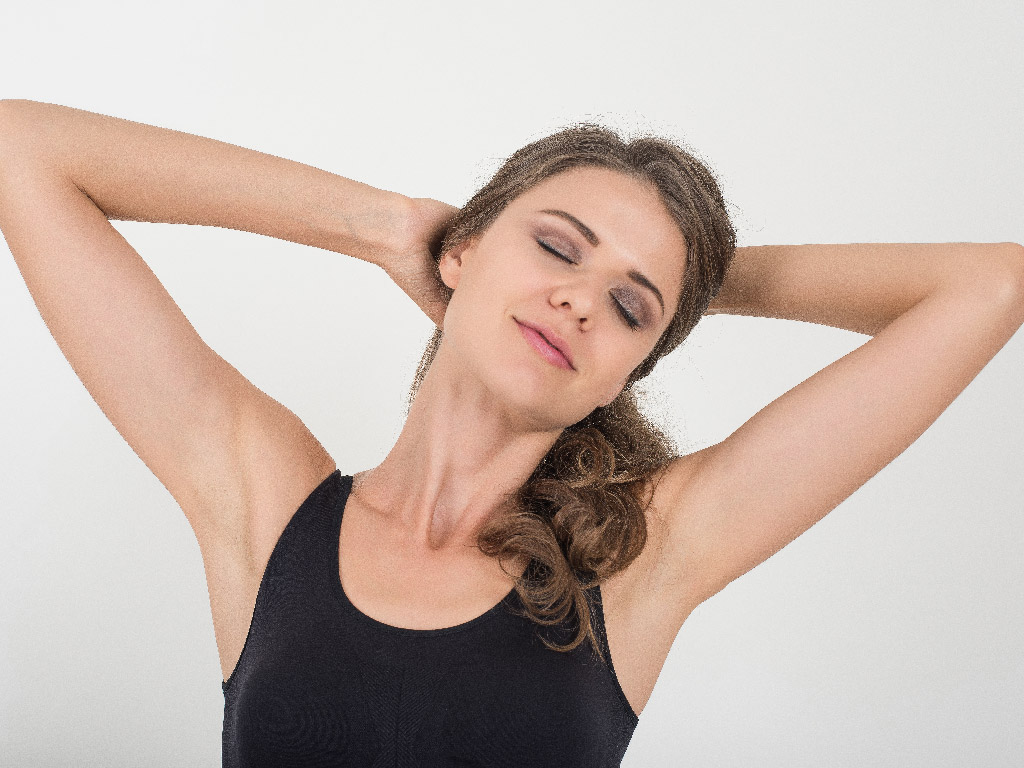Whether from hot weather, exercise, or stress, sweating, or perspiration, is an essential process to help regulate our body temperature. But what if you find yourself sweating a lot? Is there such a thing as sweating too much? What causes excessive sweating? Hyperhidrosis, or excessive sweating, is a common disorder that can cause a lot of discomfort and embarrassment. It can make everyday tasks like holding a pen or gripping the steering wheel of a car difficult. It can cause sufferers to dread everyday social interactions like shaking hands or maintaining relationships.
Sweating is your body’s natural way of cooling itself. When the temperature of your body rises, your nervous system activates your sweat glands. The most common type of hyperhidrosis is called primary focal, or essential, hyperhidrosis. In this type, the nerves activating the sweat glands become overactive and trigger excessive sweating. Another type, secondary hyperhidrosis, is due to an underlying medical condition such as diabetes, menopause, thyroid problems, low blood sugar, and more. Both types can lead to complications such as infection and have profound social and emotional effects. However, there are treatments available for those who suffer from profuse sweating, and after treatment, most people with hyperhidrosis have an improved quality of life.
Hyperhidrosis Treatments
A real and sometimes embarrassing condition, hyperhidrosis affects nearly 367 million people. If you’re wondering how to stop sweating so much, there are a few treatments and procedures that are available to help combat excessive sweatiness.
· Antiperspirants. Most people already use antiperspirant under their arms, but you can also apply an antiperspirant to other areas where you sweat. For example, if you suffer from constantly sweaty palms or a constantly sweaty face, roll or spray on your antiperspirant. If prescription-strength antiperspirants aren’t working out for you, your doctor might recommend one of the treatments below.
· Botox. Botox is an FDA-approved medicine for treating excessive sweating. These injections prevent the release of a chemical that signals the sweat glands to activate. Several injections may be necessary, but results can last up to a year.
· Drugs. If other excessive sweating treatments like Botox and iontophoresis have not been effective, your doctor might recommend anticholinergic drugs. These drugs stop the sweat glands from activating. There are new topical medications and pads available that minimize local sweating in addition to oral medications that minimize generalized sweating.
· Surgery. Hyperhidrosis surgery is recommended for patients who suffer from severe hyperhidrosis on the palms or underarms that does not respond to other treatments. The surgery is known as endoscopic thoracic sympathectomy (ETS). In this procedure, the doctor will make small incisions to cut the nerves in your armpit that activates the sweat glands. ETS is usually a last resort as the procedure cannot be reversed.
Many patients with hyperhidrosis choose to suffer in silence, leading to personal and professional tolls. It can lead to profound anxiety surrounding everyday tasks like socializing, going to work, and even being in public. Hyperhidrosis can have an enormous impact on your quality of life, but with treatment, a patient’s life can be completely transformed for the better.

